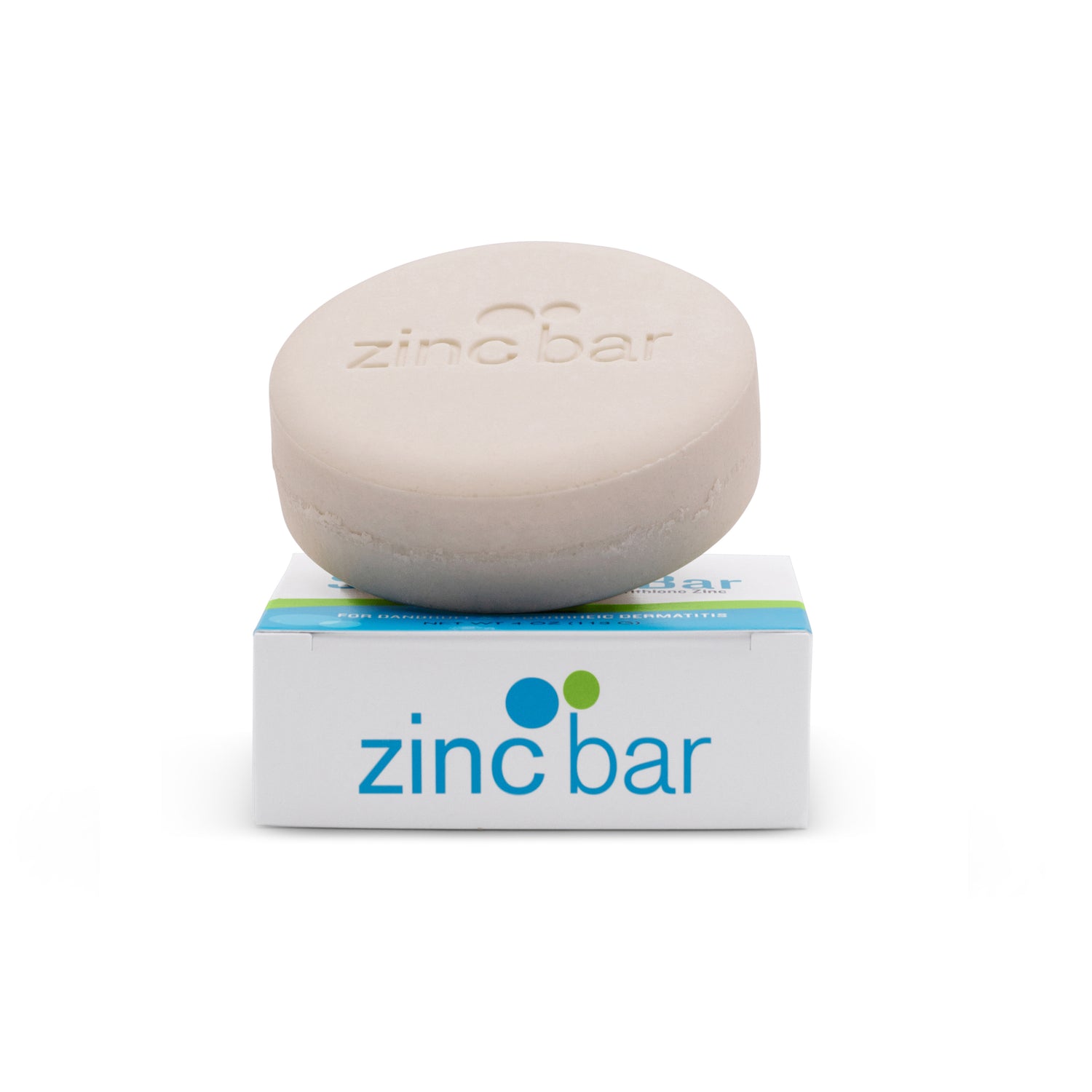Stress and Your Skin
If you find yourself uttering the phrase "I'm so stressed out right now!" on a regular basis, you are not alone. In fact, almost half of respondents in a recent survey conducted by the American Association of Psychologists said that they were very concerned with the level of stress in their lives. With today's fast paced lifestyle, people are finding themselves overbooked, frazzled and feeling stressed out. Unfortunately, having too much stress in your life can put a heavy strain on your health, not only psychologically but physically as well. People who find themselves overly stressed suffer from illness more frequently than their more relaxed peers, and those illnesses often include chronic skin conditions such as acne, eczema and psoriasis. Not only does stress often induce flare-ups with skin problems, but physicians often cite them, especially psoriasis, as an indication that an individual is in fact undergoing excessive stress.
When we experience stress, our body releases numerous chemicals that can help us respond to emergency situations. Think of the tingling hands, sweating palms, and revved-up heart rate experienced when you narrowly miss a fender-bender on the highway. In normal situations, once the danger has passed, our body is able to go back to its baseline functions. In times of prolonged stress, however, our system has a difficult time returning to its natural state. Cortisol, a chemical responsible for telling the immune system when to increase or decrease production and release of immune cells, can actually cause immune cells to die off when continually triggered by prolonged stress. Obviously, this affects the body's ability to fight disease, and can also cause a marked increase in conditions like psoriasis and eczema, both of which can be very sensitive to any disturbance within the immune system. According to Andrea Kunin, MD, a Kanasas City-based dermatologist, "Eczema and psoriasis in particular are exquisitely sensitive to increases in stress." She goes on to note, "It is not uncommon for new patients to report they are allergic to something in their environment, when in fact they are responding to an increased level of stress."
What can be Done to Relieve Stress?
Some stress-causing life events, such as relocating or starting a new job, are temporary and will subside over time. But increasingly people are finding themselves in a prolonged stressful state. As people try to find time to work long hours, attend school and family events, and cope with the rigors of daily life, it is easy to see how quickly one can start to feel overwhelmed. Unfortunately, when people feel stressed, they make poor choices when it comes to health and find themselves eating more sugary fatty foods, drinking more alcoholic and caffeinated beverages, smoking more, and neglecting exercise. It's easy to see how poor food and exercise choices, compounded with stress, can have an extremely negative effect on overall health, and especially skin health.
It is vitally important to eat healthy foods, even if you are feeling frazzled. Try to fill your diet with fresh fruits and vegetables, whole grains, and at least eight glasses of water per day. It may seem easier or more comforting to reach for those fries and a glass of beer during times of anxiety, but actually, in stressful times it is even more crucial that your body gets optimum fuel. During times of increased stress it is important to recognize that your body may need extra support. Nutritional supplements such as DermaEssentials are an excellent way to help you get the vitamins and minerals you need to keep your skin looking its best.
Lying around on the couch and watching TV might seem like a relaxing way to pass the time at the end of a long day, but your mind and body would benefit more from some exercise. Just walking around the block a few times a week can work wonders for stress reduction. Yoga and t'ai chi can also help calm the mind and slow your system down. Research has indicated that in addition to releasing chemicals in the brain that have a calming effect, exercise can help boost the immune system.
In addition to eating well and getting exercise, here are a few more tips to help you cope with stress:
- Get adequate rest (a minimum of eight hours per day).
- Try to organize tasks and set reasonable timelines.
- Take time to enjoy a hobby such as reading, knitting, or cooking.
- Try to limit over-scheduling.
- Surround yourself with supportive friends and family.
- Take a mini-vacation—local beaches and parks are a great resource.
- Though stress is often an unavoidable part of daily life, it is important to recognize whenever you start to feel overwhelmed and try to take steps to limit the negative impact it can have on your life.
Finding Natural Relief to Inflammatory Conditions
Whether you have just been diagnosed with an acute skin condition or have been managing your chronic skin inflammatory condition for several years, there are many encouraging alternatives for treating psoriasis, eczema, and dermatitis. An integrative approach can help the juvenile or adult skin inflammation sufferer manage—often reduce—the severity of the condition. A healthy meal plan and avoiding dietary triggers, together with the use of natural herbs and other nutritional supplements, topical gels or ointments, and stress-reducing techniques are all ways to naturally reduce the discomforting symptoms. At DermaHarmony, we understand that each one of us responds a little differently to both the conditions associated with eczema and to different treatments, and we can help you find a solution that works well for you.

